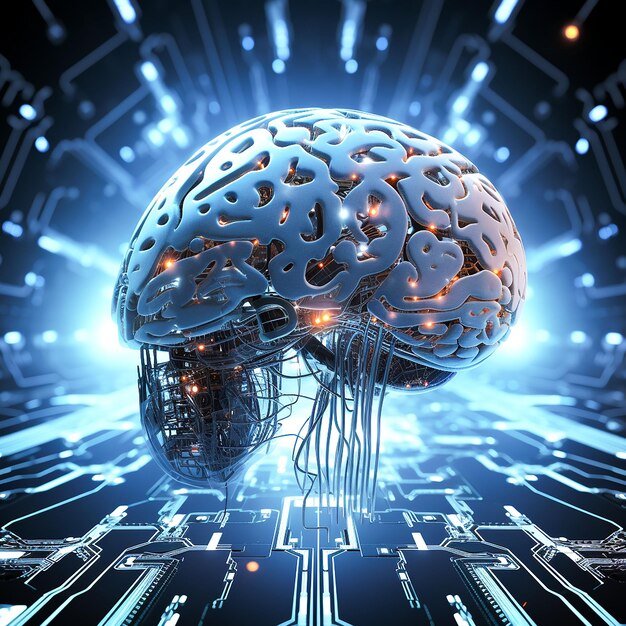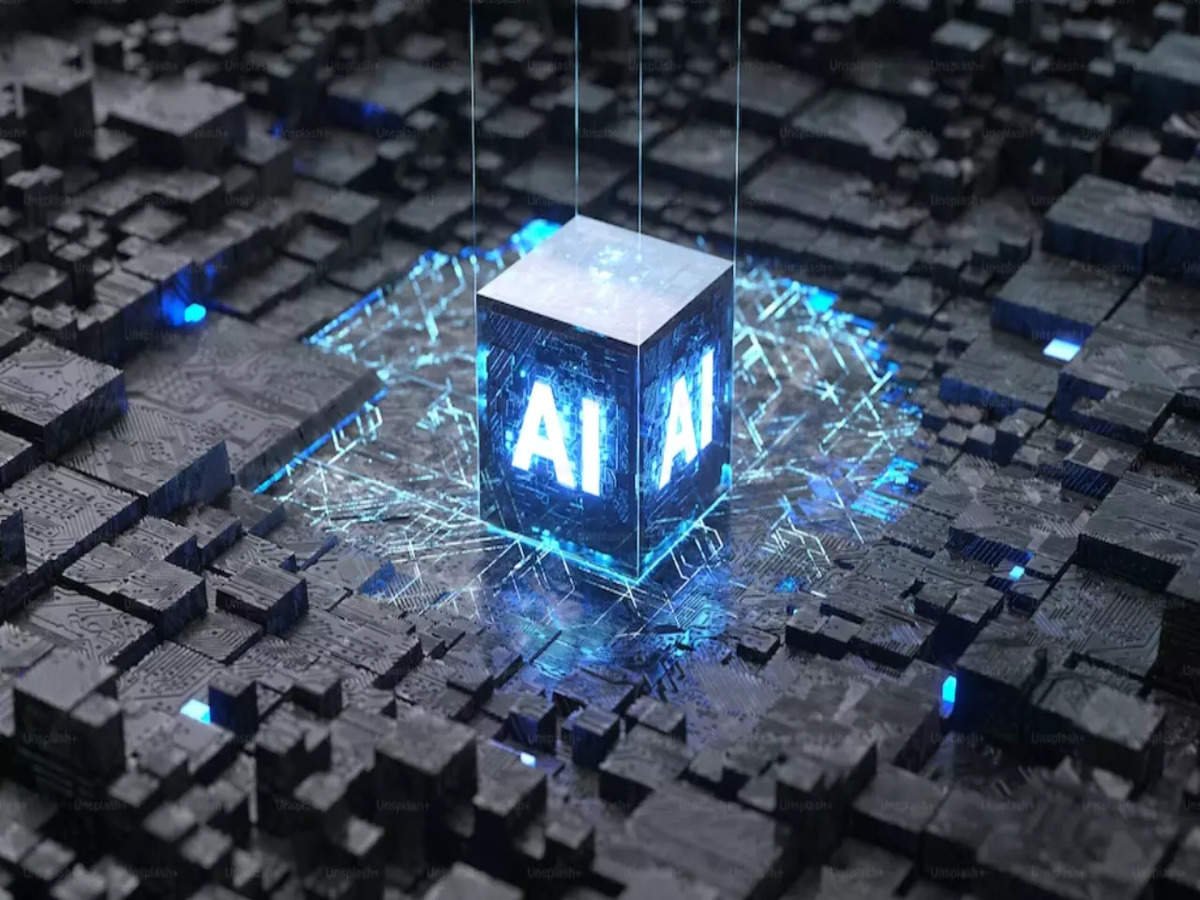
When OpenAI introduced ChatGPT in November 2022, it garnered widespread admiration for its diverse capabilities. Users utilized the AI chatbot for tasks ranging from composing music and poetry to debugging and writing code. The popularity of generative AI soared, prompting companies like Google and Microsoft to unveil their own chatbots—Bard (now Gemini) and Bing, respectively.
The increasing significance of AI in the tech world has been acknowledged by influential figures such as Bill Gates, Satya Nadella, Sundar Pichai, and Sam Altman. They have discussed AI’s potential impact on job markets, with opinions varying on whether it will lead to job losses or create more opportunities.
Nvidia CEO Jensen Huang expressed his belief that AI will influence the job market, stating that learning coding may not be necessary for children. According to Huang, with the emergence of AI, anyone can be a programmer, and the focus should be on creating technology to make the language of programming more human. He emphasized the idea that traditional coding languages like C++ or Java might become obsolete as computers should understand human commands.
In a video, Huang mentioned, “It is our job to create computing technology such that nobody has to program, and that the programming language is human. Everybody in the world is now a programmer. This is the miracle of AI.” John Carmack, former CTO Oculus VR, concurred, emphasizing that problem-solving is the core skill and predicting that managing AIs might be more enjoyable, even if they become better programmers than humans.


